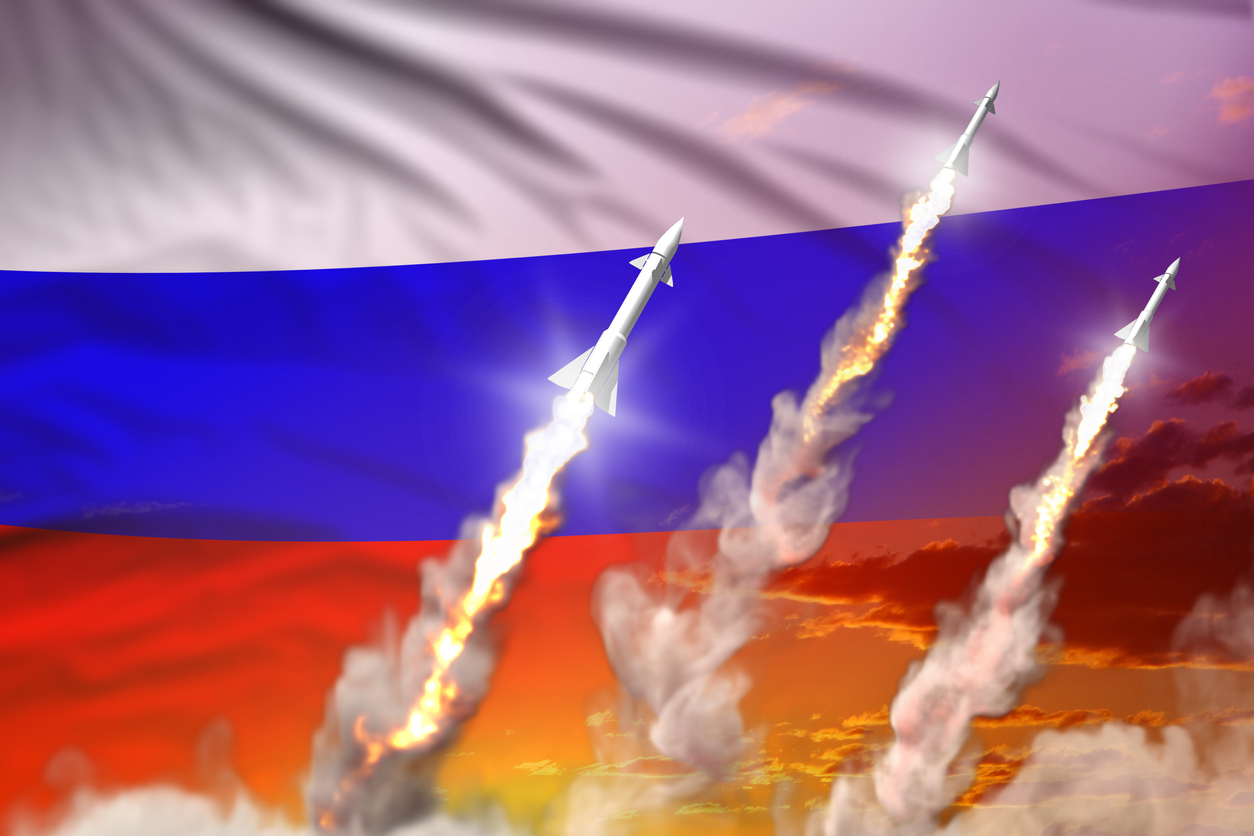In a significant development that could potentially alter the dynamics of global space and defense strategies, intelligence sources from various countries have reported that Russia has developed a new space weapon. This information, coming from a consortium of intelligence agencies and defense analysts, outlines a sophisticated system designed to disrupt and potentially destroy satellites in orbit. The weapon, believed to be a combination of direct-energy weapons and satellite interceptors, marks a substantial leap in offensive space capabilities.
The weapon system reportedly comprises ground-based laser units capable of blinding or damaging satellite sensors, rendering them ineffective without causing physical destruction. Additionally, it includes a series of satellite interceptors, which are essentially anti-satellite (ASAT) missiles capable of being launched from the ground or from aircraft, designed to track and physically neutralize satellites in low Earth orbit. This dual capability presents a multifaceted threat to satellite operations, crucial for global communications, navigation, and surveillance.
Intelligence sources have voiced concerns over the implications of such capabilities. The United States, European Union, and other allies have expressed alarm over the potential for this technology to disrupt global satellite networks, which are integral not only for military operations but also for the global economy. Satellites play a crucial role in everything from GPS navigation to financial transactions and weather forecasting.
Further complicating the international response is the ambiguity surrounding the weapon's operational status and deployment. There are indications that tests may have already been conducted, with some reports of unexplained satellite malfunctions being potentially linked to this new weapon system. However, concrete evidence remains elusive, shrouded in the secrecy typical of military advancements.
Discussions in international forums have highlighted the need for a concerted effort to address the militarization of space. Proposals for international treaties and agreements aiming to limit the deployment of space-based weapons have gained traction, though progress is slow. The introduction of such a weapon by Russia underscores the urgent need for global governance structures that can address the challenges posed by the weaponization of space.
The development of a new space weapon by Russia represents a critical juncture in the militarization of space. Its potential to disrupt satellite operations poses significant challenges not only to national security but also to the global economy and everyday life. The international community's response will be crucial in shaping the future of space warfare and ensuring that space remains a domain dedicated to peaceful exploration and use. The situation underscores the importance of diplomatic and strategic measures to mitigate the risks associated with the deployment of space-based weapons and to promote the sustainable and peaceful use of outer space.
At BlueSky, we offer our clients unparalleled access to analyst-verified monitoring, actionable intelligence, and proactive insights into protests and potential disruptions in real-time. Our commitment is to deliver intelligence that is not only insightful but also deeply rooted in human expertise. We pride ourselves on delivering intelligence that is insightful and human-centric, because "Our best intelligence is not artificial."
If you have additional questions about this report or would like more information on BlueSky, reach out to our team directly: [email protected]







